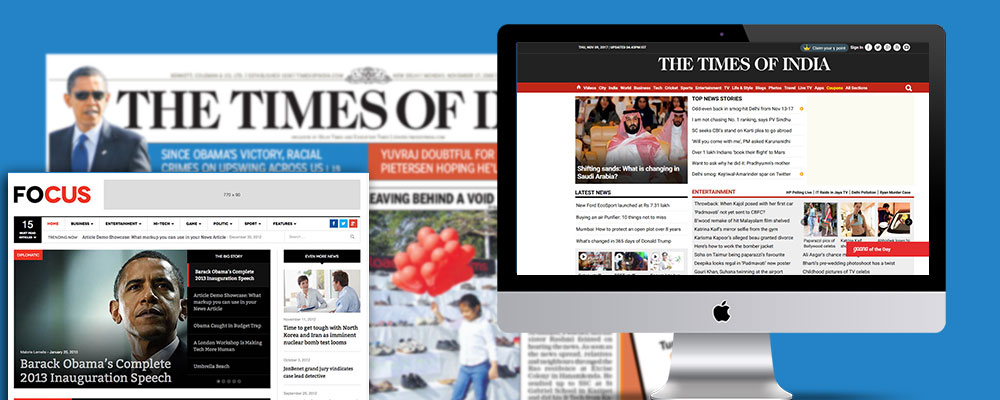What Does International News Online Do?
What Does International News Online Do?
Blog Article
See This Report about International News Online
Table of ContentsExcitement About International News OnlineThe International News Online DiariesTop Guidelines Of International News OnlineThe 45-Second Trick For International News OnlineInternational News Online Fundamentals Explained
Some social media websites despite having reasonably little total audiences stand out for having high shares of individuals that on a regular basis go to the website for news. On the other hand, just 15% of Snapchat users routinely get news on the application.
journalists, however not for the general public, June 27, 2022 Information on Twitter: Consumed by A Lot Of Individuals and Relied On by Many, Nov. 15, 2021 Even more than eight-in-ten Americans get information from digital tools, Jan. 12, 2021 Measuring News Intake in a Digital Age, Dec. 8, 2020 Many Americans Get Information on YouTube, Where News Organizations and Independent Producers Flourish Side-by-side, Sept.
Getting The International News Online To Work
When asked whether social networks is an excellent or negative thing for freedom in their country, a mean of 57% across 19 nations state that it is an advantage (International News Online). In almost every nation, near to fifty percent or even more claim this, with the view most usual in Singapore, where about three-quarters think social media sites is an advantage for democracy in their country.
And in the U.S., only around a third think social networks is positive for freedom the tiniest share amongst all 19 nations evaluated. In eight countries, those that think that the political system in their nation enables them to have an impact on national politics are likewise more probable to state that social media is an advantage for freedom.
Those that watch the spread of false details online as a major risk to their nation are much less likely to say that social media is an advantage for freedom, compared to those who view the spread of misinformation online as either a minor hazard or not a danger in any way.
The Best Guide To International News Online
Older grownups in 12 nations are much less most likely to claim that social media is a good thing for freedom in their country when contrasted to their younger counterparts. In Japan, France, Israel, Hungary, the UK and Australia, the void in between the youngest and earliest age teams is at the very least 20 percentage points and varies as high as 41 points in Poland, where nearly nine-in-ten (87%) younger adults state that social media has been a great thing for democracy in the country and only 46% of adults over 50 say the exact same.
Throughout the six problems checked, couple of tend to say they see no changes because of boosted connection rather seeing things altering both favorably and negatively and often both at the very same time (International News Online). A typical of 84% say technical connectivity has actually made people less complicated to adjust with false information and rumors the most among the six concerns examined
Certainly, in many countries, those who believe social media sites has made it easier to discover this info here control people with false information and reports are likewise most likely to assume that social media sites has actually made individuals more informed. When it concerns national politics, the net and social media sites are typically seen as disruptive, with an average of 65% saying that individuals are now much more split in their political viewpoints.
The 5-Second Trick For International News Online
This sense of danger is associated with the prevalent belief that individuals today are currently simpler to manipulate with incorrect information and rumors thanks to the internet and social media. Around fifty percent or even more in every country checked shares this sight. And in position like the Netherlands, Australia and the UK, around nine-in-ten see individuals as even more manipulable.
In South Korea, 90% of those under age 30 say social media makes people less complicated to adjust, contrasted with 65% of those 50 and older. (Surprisingly, U.S.-focused research study has located older grownups are most likely to share misinformation than younger ones.) Individuals with more education are also usually more probable than those with much less education and learning to say that social networks has actually led to people being easier to control.

A Biased View of International News Online
In Sweden, Japan, Greece and the Netherlands, around eight-in-ten or more share this view, while in Malaysia, a smaller sized majority (56%) states the same. More youthful adults have a view it now tendency to see social networks making individuals more enlightened than older grownups do. Older adults, for their part, don't necessarily see the web and social media sites making people less educated regarding what's happening in their nation; rather, they're rather more probable to describe these systems as having little result on people's information degrees.

Report this page